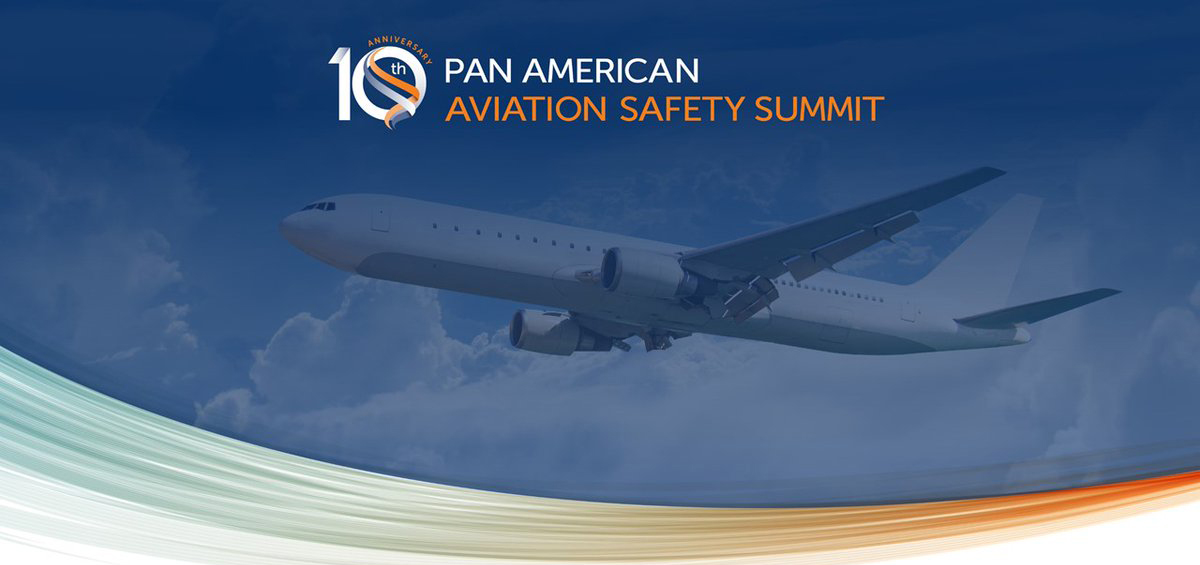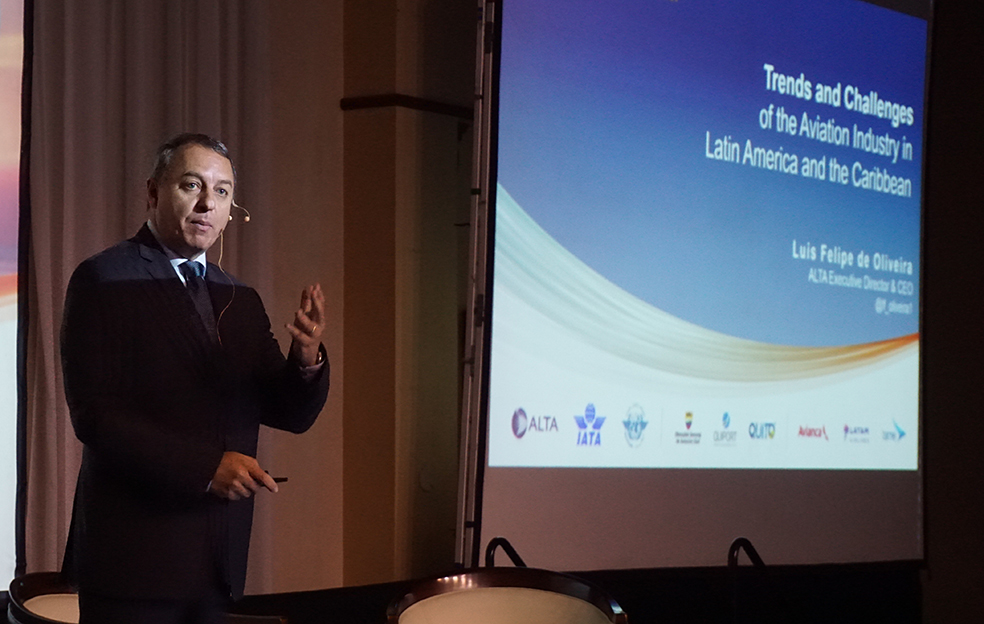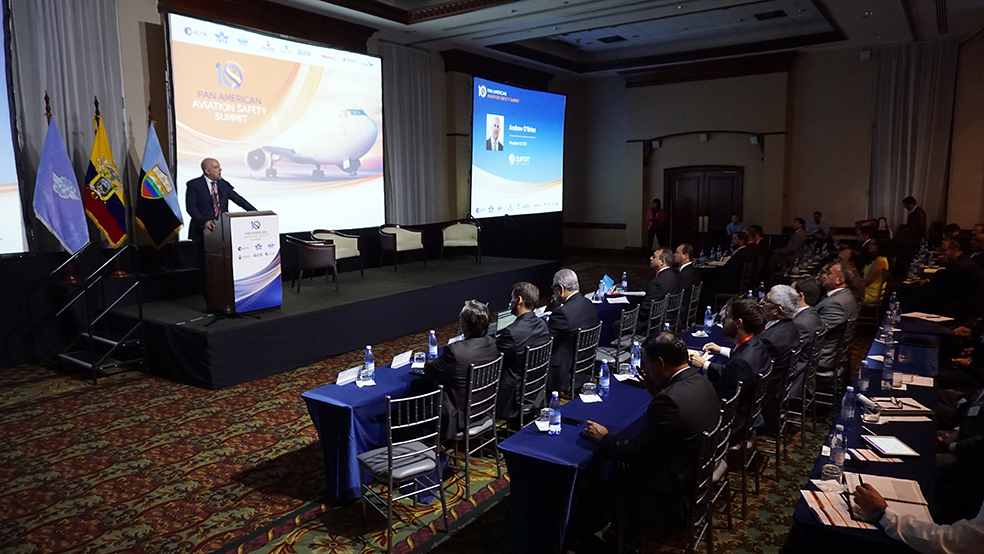Month: June 2019
ALTA HOLDS ITS TENTH PAN AMERICAN AVIATION SAFETY SUMMIT IN QUITO

This week, the Tenth Pan American Aviation Safety Summit was held in Quito. It is one of the most important aviation safety events in the region, recognized for bringing together civil aviation authorities, aircraft manufacturers, airlines, airports, air traffic controllers, flight schools and industry associations to review safety statistics and trends that will drive the sustainable development of air transport in the region.
The event was organized by the Latin American and Caribbean Air Transport Association, supported by the International Civil Aviation Organization (ICAO), the International Air Transport Association (IATA), the Civil Aviation Authority of Ecuador, Quiport and Quito Turismo.
This year’s agenda featured initiatives to mitigate risks such as: timely access and efficient use of data during the flight; the ALTA/IATA program to promote the IATA Standard Safety Assessment (ISSA) across the region; review of past safety events as case studies; practices to define prevention mechanisms, among others.
Luis Felipe de Oliveira, ALTA’s Executive Director and CEO, comments: “Safety is the industry’s number one priority. This annual meeting allows us to gather safety experts and dedicate three days to review statistics, trends and areas of improvement to continue operating as the safest means of transport for our populations. In 2018, ALTA reinforced its commitment with air transport users by signing an agreement with IATA to promote ISSA certification in the region, so that more airlines in Latin America and the Caribbean can access the necessary training and assessments to enhance safety standards in the region”.

The President and CEO of Quiport, Andrew O’Brian, highlights the importance that the company places on working together with airlines and other civil aviation stakeholders on operational safety. He also predicts that “air traffic in the region will double in the next 10 years. Current and future success in our industry depends on coordinated work between all stakeholders”.

Aviation in Latin America and the Caribbean continues to make great efforts to enhance safety and we are seeing the results. In 2018, the turboprop hull loss rate in the region was zero, compared to 1.01 between 2013 and 2017. Last year, 4.3 billion passengers flew safely on 46.1 million flights worldwide. Compared to the past five years, there have been fewer air accidents, achieving a rate of 1.35 accidents per 1 million flights in 2018.
